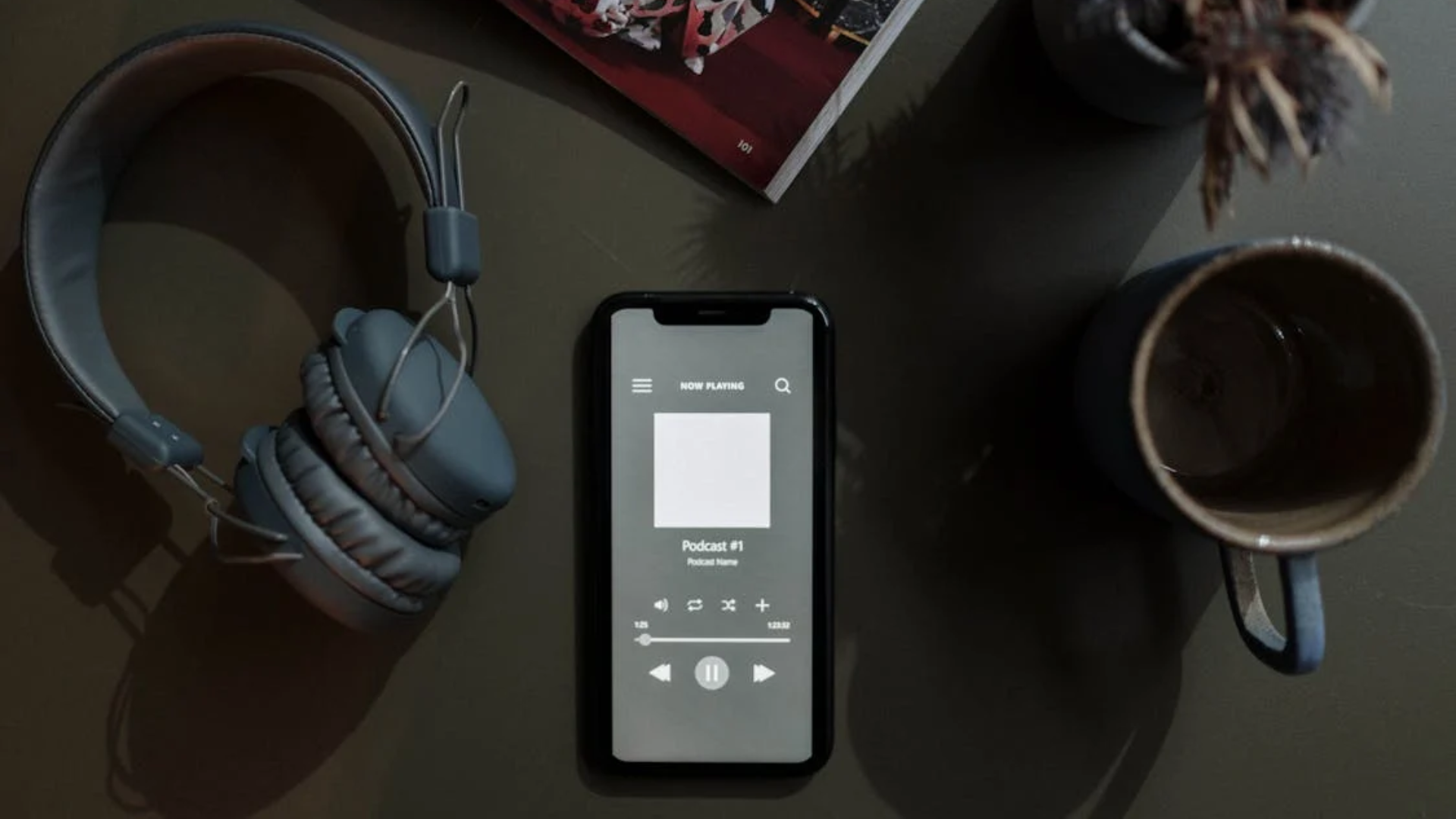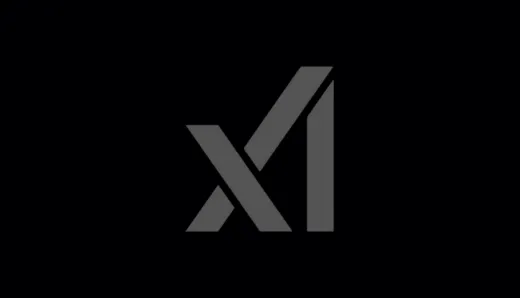Meta Unveils Open Rival to Google’s Podcast Tool

Meta has announced the release of NotebookLlama, an open-source version that implements Google's generate-a-podcast feature in its repository for Clover notebook notebooks. Built using our Llama models, this new tool can create podcast-style output from text inputs. One hardware and power innovation that is a demonstration of Meta's dedication to improving audio content creation, there are already some early comments on it (in particular here) with room for improvement.
NotebookLlama takes different text files like news articles or blog posts in PDF form and turns them into podcast episodes. The first step begins with the process of creating a transcript from the uploaded file. Whereas its predecessor, NotebookLM is robust and powerful — in terms of functionality at least — NoteBookLlama seeks to merely throw some much-needed drama into the flow. judging by the audio output at present. However, users said the synthesized voices that those buttons produce — while futuristic and interesting at first glance — end up either sounding too robotic or speaking over each other in a way that interrupts the conversation.
Comparisons with NotebookLM
So far, the quality is not up to par with what NotebookLM has achieved in a viral podcasting feature aspires by NotebookLlama. Users reported it doesn't have the crispy and as-is audio of NotebookLM. This tool might not be as sophisticated or user-friendly as Google's proprietary tools, and overall the robotic tone of voice stands out as a negative for most users raising questions as to whether an open-source approach will work just fine.
But the leadership of states is not unprecedented, as a recent initiative shows. Many projects have tried to replicate NotebookLM's podcasting feature, however with limited success. Still, getting over the hump of — uh oh — hallucination in AI-generated content is a doozy. This happens when AI models create fake information. Even complex systems like NotebookLM are not impervious to this problem, making it hard work for AI-powered creators interested in factual accuracy otherwise.
Looking Ahead: Future Prospects for NotebookLlama
NotebookLlama is as much a challenge to create more open computer science-building space for everyone in podcast-making, but especially those on the hunt for some sort of resolution. It is hoped the audio quality of text-to-speech models can get better down the road, as Meta refines it. Including multi-agent discussions would further vary the output and create even more exciting podcast formats.
The NotebookLlama team is engaging the users for feedback on how to take it forward in upcoming changes. Podcast creators and fans both will be watching closely as NotebookLlama continues to hammer out the kinks in its current system so it can deliver on that promising podcast-fueled vision.
In summary, While it is not on par yet with Google's NotebookLM, the announcement of Meta saying Llama notes a positive change in pronunciation blogging tools. Meta is enabling innovation and creativity in audio production by bringing this technology to the masses. As progress inches along, the dream of even more complex and intersection AI audio podcasts becomes closer to reality — assuming we have algorithms that can reliably distinguish between shoddy content like GPT-3-generated podcast dialogues or both sides of misinformation.
Curious about the latest innovations in podcasting, like Meta's groundbreaking NotebookLlama? Don’t miss out on in-depth discussions and expert insights! Subscribe to DigitalExperience.live today for exclusive access to our comprehensive articles, expert analysis, and the latest trends in technology and audio content creation. Be part of a community that’s passionate about transforming the way we engage with media!



